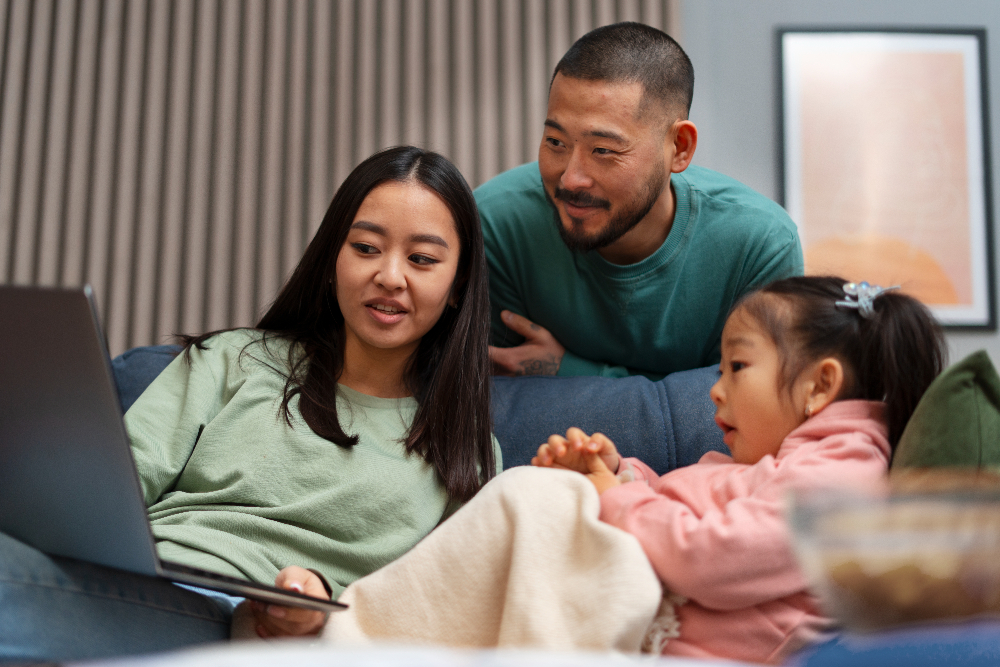Positive parenting focuses on nurturing a strong and loving relationship with children while guiding them toward good behavior. Instead of using punishment or fear, this approach encourages respect, communication, and mutual understanding. Here are some key strategies for implementing positive parenting to foster good behavior in children.
1. Lead by Example
Children learn by observing their parents. Model the behavior you want to see in them by demonstrating kindness, patience, and respect. When you show self-control and problem-solving skills, your child is more likely to adopt these behaviors.
2. Use Positive Reinforcement
Praise and acknowledge your child’s good behavior rather than focusing only on mistakes. Encouragement, rewards, and recognition help reinforce positive actions and motivate children to repeat them. Be specific in your praise, such as saying, “I love how you shared your toys with your sibling!”
3. Set Clear and Consistent Rules
Children thrive when they understand expectations. Establish clear and age-appropriate rules and consistently enforce them. Explain the reasons behind the rules so that children understand their purpose rather than just following them out of fear.
4. Encourage Open Communication
Create a safe environment where your child feels comfortable expressing their thoughts and emotions. Listen actively, validate their feelings, and offer guidance when needed. When children feel heard and understood, they are more likely to cooperate.
5. Use Gentle Discipline
Rather than resorting to harsh punishments, use discipline as a way to teach and guide. Techniques such as redirection, natural consequences, and time-ins (where you calmly discuss behavior) help children learn from their mistakes while maintaining a positive parent-child relationship.
6. Foster Emotional Regulation
Help children manage their emotions by teaching them coping skills such as deep breathing, counting to ten, or using words to express their feelings. When children understand how to handle frustration and disappointment, they are less likely to act out negatively.
7. Spend Quality Time Together
A strong parent-child bond reduces behavioral issues. Make time for one-on-one activities, whether it’s reading a book, playing a game, or simply talking about their day. When children feel loved and valued, they are more likely to behave positively.
Conclusion
Positive parenting empowers children to develop self-discipline, confidence, and empathy. By modeling good behavior, reinforcing positive actions, and fostering open communication, parents can create a supportive environment that nurtures growth and good behavior. With patience and consistency, positive parenting leads to a happy and well-adjusted child.


